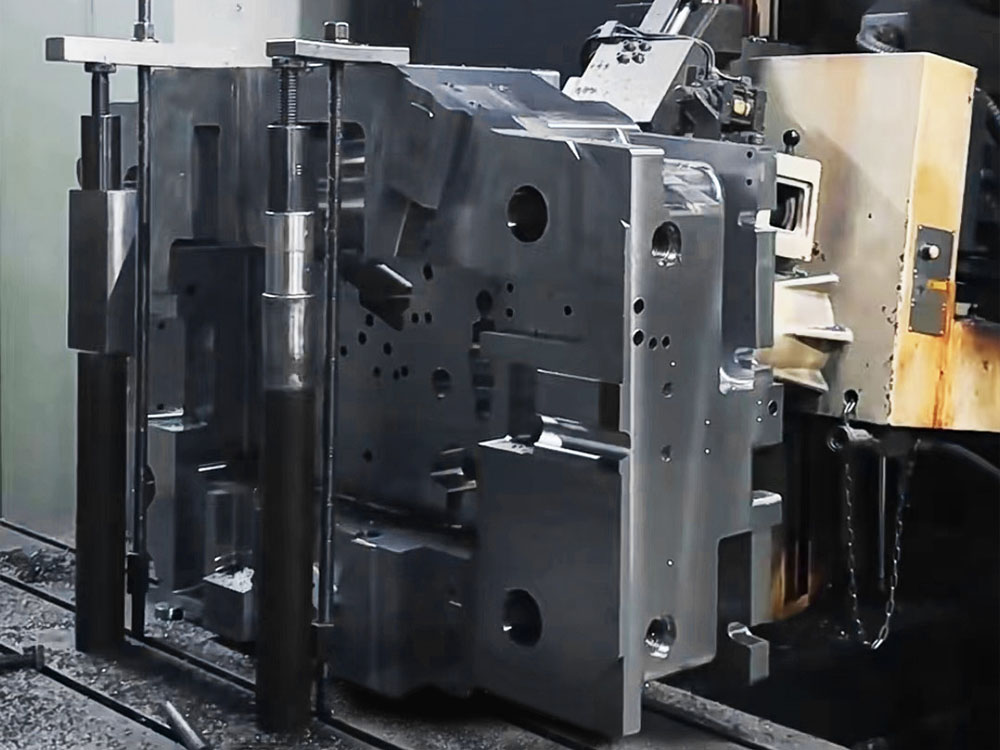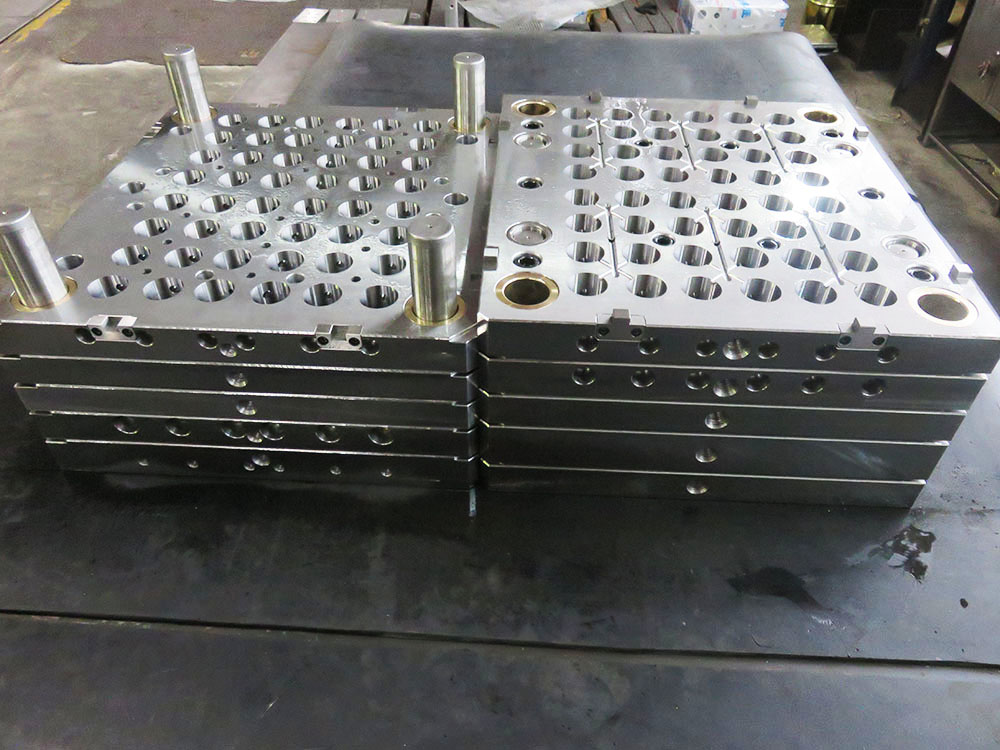Salary for Machinists Operating a Radial Drilling Machine in the Mold Base Industry
The mold base industry is a critical sector in manufacturing, providing the foundation for creating various types of molds used in the production of plastic and metal components. Machinists operating radial drilling machines play a vital role in this industry, as they are responsible for drilling precise holes and slots on mold base plates. The salary for these skilled professionals is influenced by various factors, including experience, location, and industry demand.
Experience and Skill Level
Machinists operating radial drilling machines are highly skilled individuals who have undergone specialized training in operating these machines. Their ability to drill precise and accurate holes on mold base plates directly impacts the quality and efficiency of mold production. As with any profession, experience plays a significant role in determining the salary of these machinists. A more experienced machinist who has been working in the mold base industry for several years is likely to command a higher salary than a novice worker.
Additionally, the skill level of a machinist has a direct correlation with their salary. Machinists who possess advanced skills, such as the ability to operate computer numerical control (CNC) radial drilling machines, may earn a higher salary compared to those with basic operational skills. The complexity of the tasks they can perform and their accuracy in executing them contribute to their value in the industry.
Location Factors
Geographical location is another significant factor influencing the salary of machinists operating radial drilling machines in the mold base industry. Salaries can vary significantly between different regions, states, or even countries. For example, machinists working in highly industrialized areas or regions with a high demand for mold production may negotiate higher salaries due to increased competition for skilled workers. On the other hand, areas with lower manufacturing activity or a smaller mold base industry may offer lower salaries due to decreased demand.
Economic factors specific to a particular location, such as cost of living and labor market conditions, also influence salary levels. Machinists may expect higher compensation in areas with a higher cost of living to account for the increased expenses associated with housing, transportation, and general cost of living. Furthermore, a tight labor market with a shortage of skilled machinists may drive up salaries as companies compete to attract and retain these professionals.
Industry Demand
The overall demand for machinists operating radial drilling machines in the mold base industry can impact salary levels. Industries that heavily rely on mold production, such as automotive, aerospace, or consumer goods manufacturing, may have a higher demand for skilled machinists. In such industries, the need for accurate and efficient mold production is critical, and machinists who excel in operating radial drilling machines are highly sought after. Consequently, these machinists may negotiate higher salaries due to the increased demand for their expertise.
On the other hand, industries experiencing a decline in mold production or transitioning to alternative manufacturing techniques may have a lower demand for machinists operating radial drilling machines. Such shifts in the industry may result in reduced salaries or a stagnant job market for these professionals. Therefore, staying up-to-date with industry trends and diversifying skillsets can help machinists secure higher salaries in a competitive job market.
Conclusion
Machinists operating radial drilling machines play a crucial role in the mold base industry, ensuring the precise and accurate drilling of holes and slots on mold base plates. Factors such as experience, skill level, location, and industry demand influence their salary levels. Experienced machinists with advanced skills, working in regions with a high demand for mold production, can expect higher salaries. Conversely, those in areas with lower manufacturing activity or experiencing a decline in mold production may have lower salary prospects. By considering these factors, machinists can navigate the job market and negotiate salaries that align with their skills and expertise.




